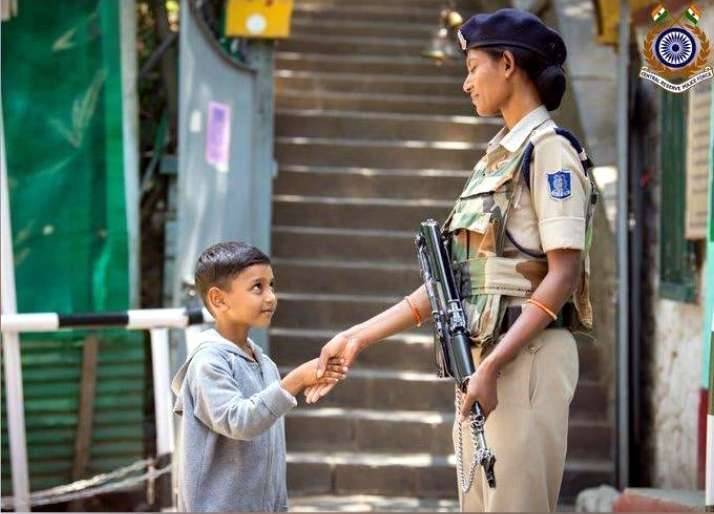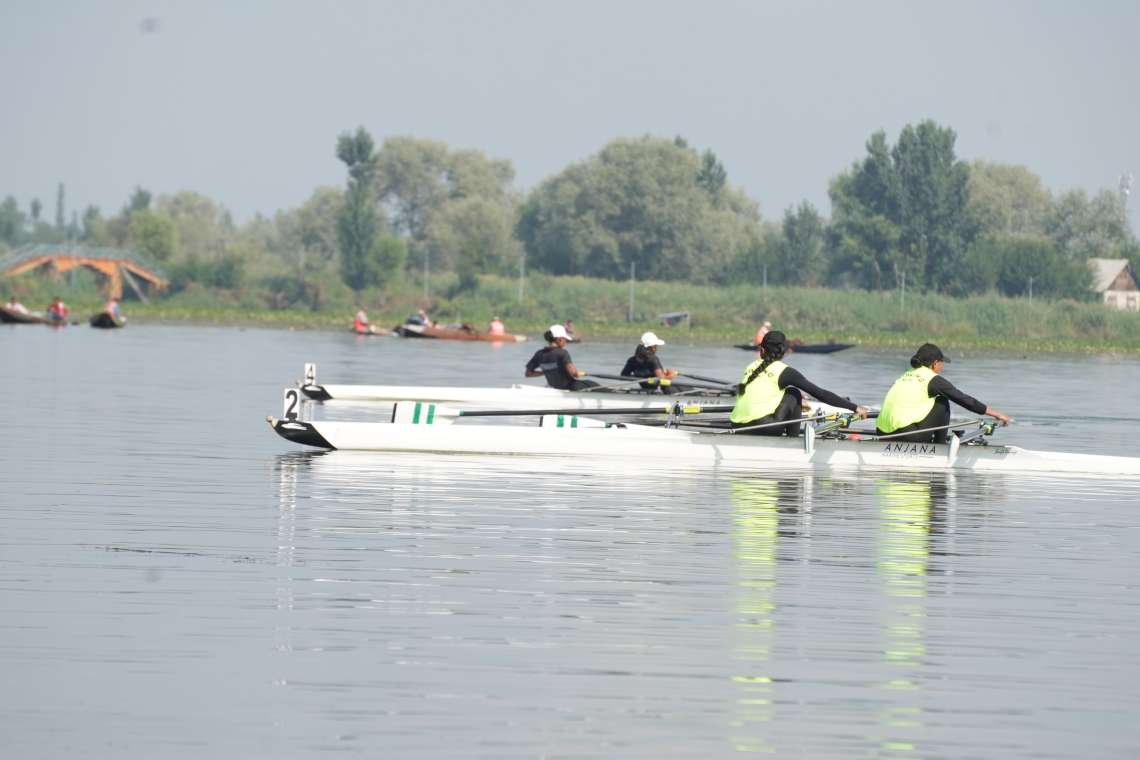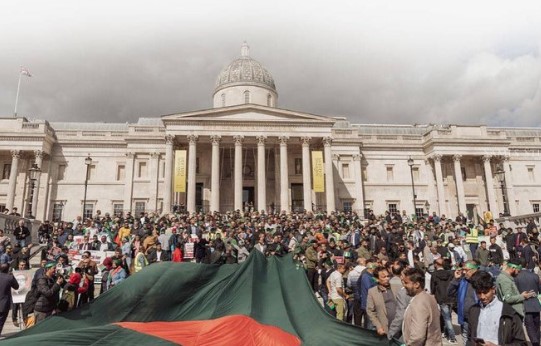India’s response to militancy blends military strength with a “softer” statecraft: sport….reports Asian Lite News
The 60th session of the United Nations Human Rights Council in Geneva (8 September–8 October 2025) cast a spotlight on the scourge of terrorism and the resilience of affected communities.
Near the Broken Chair monument, exhibitions showcased how the people of Jammu and Kashmir, despite grievous losses, continue to resist extremism — a vivid reminder that terror wounds but cannot break the spirit of unity.
India’s response to militancy blends military strength with a “softer” statecraft: sport. Since the launch of the Khelo India scheme in 2016–17, New Delhi has combined mass participation with talent identification, infrastructure development, and the revival of indigenous games. Inclusive by design, the programme empowers women, persons with disabilities, and marginalised communities. Sport, in India’s policy vision, is a tool for peace, development, and social cohesion.

The urgency of this approach was underscored after the Pahalgam terror attack on 22 April 2025, which claimed 26 lives. Across Kashmir — from silent tributes on cricket grounds to civil society statements — the message was clear: terror cannot subdue the spirit of communities. Sport became a platform of resistance, offering youth an outlet for energy, unity, and hope.
On the ground, this vision has taken shape. Local football leagues, wrestling tournaments, skiing events, and district competitions have brought communities together, rekindling bonds strained by years of conflict. The Khelo India Water Sports Festival (21–23 August 2025) on Dal Lake offered a vivid example: 500 athletes from 28 states competed in rowing, canoeing, kayaking, and more, transforming the lake into both an arena of sport and resilience.
Beyond competition, such initiatives foster cultural exchange, teamwork, discipline, and resilience — qualities that blunt the lure of extremism. For many young participants, the bonds forged in sport offer deeper, lasting ties than any speech or parade.
India’s commitment extends beyond its borders. For years, it has supported Afghanistan’s cricketing journey, providing venues, mentorship, and technical guidance. Afghan cricket’s rise — including reaching the semi-finals of the 2024 ICC Men’s T20 World Cup — reflects the power of sport as diplomacy. India has also supported stadium construction in Kandahar, reinforcing sport’s role as solidarity in action.
While deradicalisation cannot be claimed from sport alone, its role in fostering inclusion, discipline, and belonging is undeniable. From the snowfields of Gulmarg to village football pitches, from Dal Lake to international cricket grounds, India carries to Geneva a message: through sport, communities tested by terror can find unity and hope.
In the end, it is not medals or records that matter most — but the ability of sport to renew society, one game, one festival, and one young life at a time.













